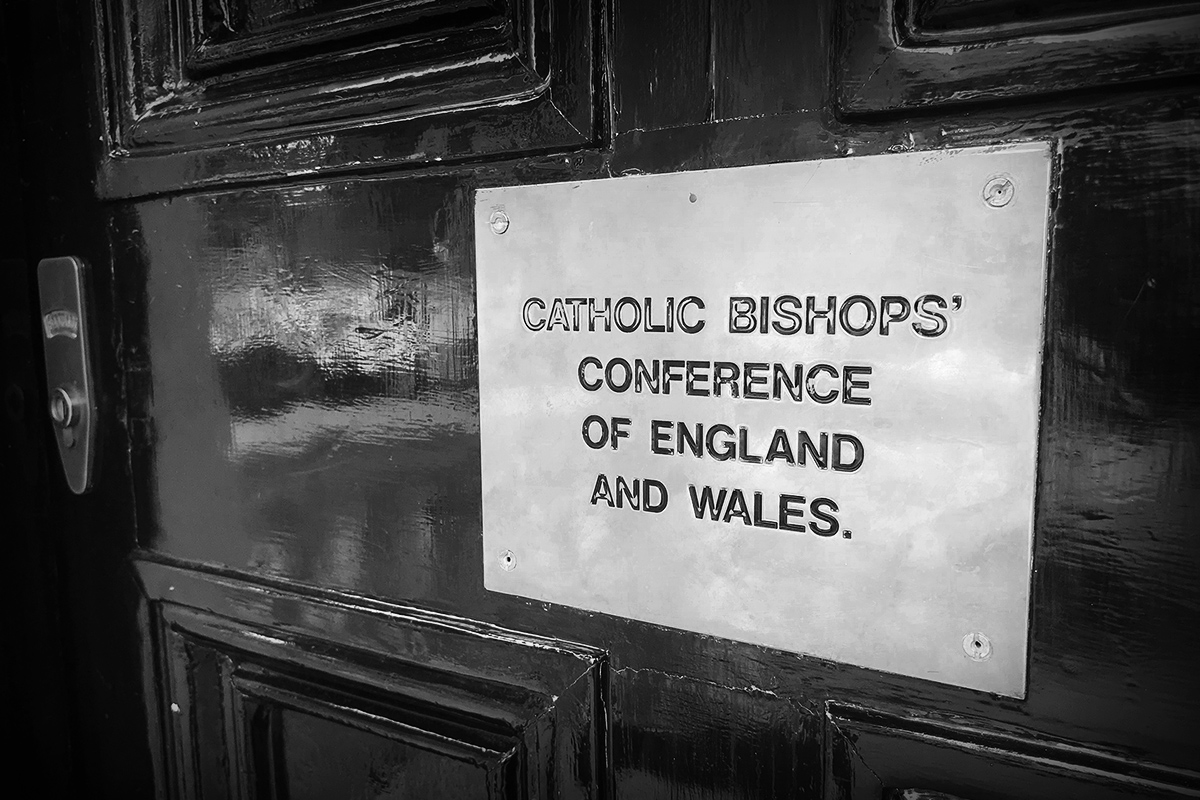
Catholic Bishops of England and Wales launch their pre-election document
The Bishops today launched Choosing the Common Good to present key themes in Catholic Social Teaching as a contribution to the wide-ranging debate about the values and vision that underpin our society.
The document anticipates the forthcoming general election, but the Bishops argue that finding a shared vision for society is more urgent than the detail of particular party policies. “Where there is no vision, the people perish” (Proverbs 29:18). The Bishops argue that social issues cannot be left only to government to solve, but are the responsibility of all.
Choosing the Common Good argues that the construction of a just and civil society can be achieved as the desire for love and truth is innate in all women and men. While there has been a fracturing in trust in institutions and in each other, the Bishops argue that it is up to all in civil society to lead the re-building of this essential trust. Central to that task is the understanding that we are not self-contained individuals but inter-dependent, where human flourishing lies in the quality of our relationships and the practice of virtue.
“The virtues form us as moral agents, so that we do what is right and honourable for no other reason than that it is right and honourable, irrespective of reward and regardless of what we are legally obliged to do. Virtuous action springs from a sense of one’s dignity and that of others, and from self-respect as a citizen. It is doing good even when no-one is looking.”
Archbishop Vincent Nichols, president of the Bishops’ Conference, said: “We encourage everyone to read this document and participate in the wide-ranging and necessary debate about the values and vision by which we seek to construct a just and civil society. Ultimately Choosing the Common Good is about human flourishing. It does not offer a direction on how to vote, but forms a back-cloth to the more particular issues which may well dominate the election itself and offers an invitation to the political parties on how best to respond in all of our joint efforts to build a better society.”
The application of the key themes of Catholic Social Teaching presented within the document leads to some consequences which are briefly presented. They include life itself; poverty and inequality; care of the elderly, community relations and migration; the global community and ecology, marriage and family life and the role of faith communities. In this section, the Bishops argue that the Church has a distinct role in building a society which allows for the flourishing of all, but warns us against to privatise religion.
“The right to religious freedom means the right to live by faith, within the reasonableness of the common good, and to act by faith in the public forum. This arises from the fact that the human person is, by nature, a spiritual being, with a longing for love, truth, for beauty, for happiness.”
The Bishops conclude by urging confidence in the challenges ahead, quoting Pope Benedict XVI in his most recent encyclical Caritas in Veritate: “The complexity and gravity of the present economic situation rightly causes us concern, but we must adopt a realistic attitude as we take up with confidence and hope the new responsibilities to which we are called by the prospect of a world in need of profound cultural renewal, a world that needs to rediscover fundamental values on which to build a better future.”